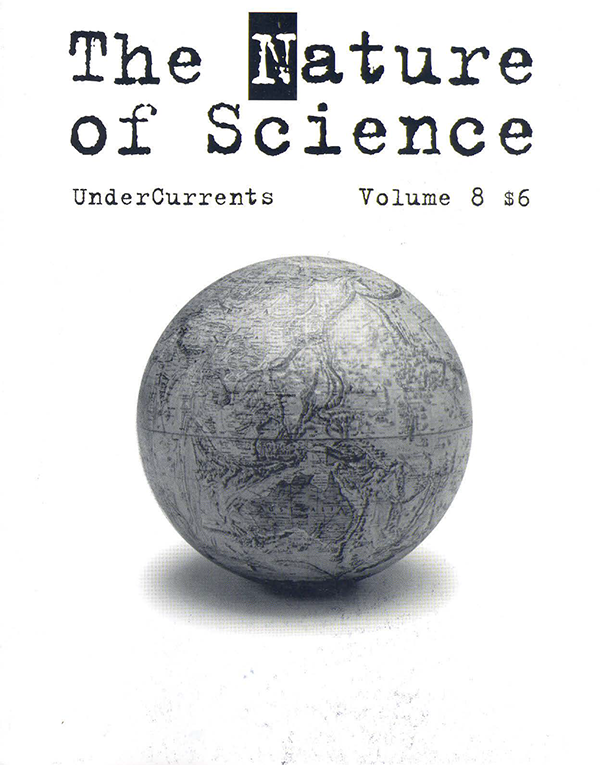The Non-Science Science of Complexity Theory
Towards a New Scientific Construction of Nature
DOI:
https://doi.org/10.25071/2292-4736/40613Abstract
In pre-Enlightenment, nature people were seen as being the determined creation of a divine God. The Aristotelian-Christian world view believed that the world was hierarchically ordered wherein everything had a rightful place and purpose in a divinely created and ordered universe. The Enlightenment challenged this view asserting that the world existed as part of a system that obeyed "natural laws." What was fundamental to the scientific view of the Enlightenment was the strong link it made between reason (represented by humanity) and nature (everything outside of the socio-cultural realm). The Enlightenment concept of nature stressed that the universe was a mechanical system comprised of matter that was in constant motion, which followed the physical laws of nature. [...]
Published
How to Cite
Issue
Section
License
Copyright (c) 1996 Guy LettsCreators retain copyright for all writings and artwork published in UnderCurrents. New material published as of Volume 21 (2022) is available under a Creative Commons Attribution 4.0 International License (CC-BY 4.0).


